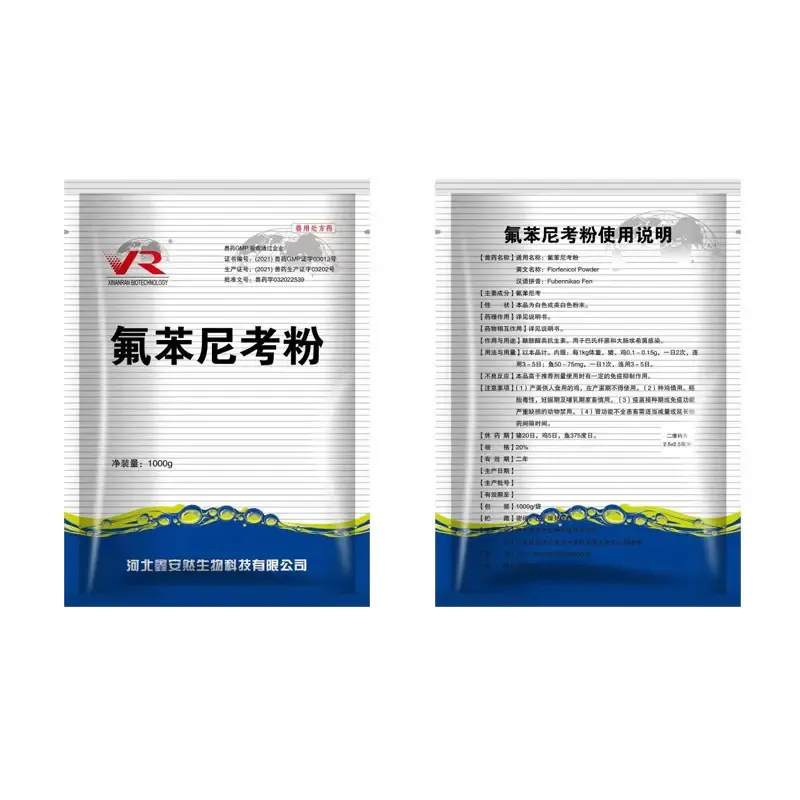- Afrikaans
- Albanian
- Amharic
- Arabic
- Armenian
- Azerbaijani
- Basque
- Belarusian
- Bengali
- Bosnian
- Bulgarian
- Catalan
- Cebuano
- Corsican
- Croatian
- Czech
- Danish
- Dutch
- English
- Esperanto
- Estonian
- Finnish
- French
- Frisian
- Galician
- Georgian
- German
- Greek
- Gujarati
- Haitian Creole
- hausa
- hawaiian
- Hebrew
- Hindi
- Miao
- Hungarian
- Icelandic
- igbo
- Indonesian
- irish
- Italian
- Japanese
- Javanese
- Kannada
- kazakh
- Khmer
- Rwandese
- Korean
- Kurdish
- Kyrgyz
- Lao
- Latin
- Latvian
- Lithuanian
- Luxembourgish
- Macedonian
- Malgashi
- Malay
- Malayalam
- Maltese
- Maori
- Marathi
- Mongolian
- Myanmar
- Nepali
- Norwegian
- Norwegian
- Occitan
- Pashto
- Persian
- Polish
- Portuguese
- Punjabi
- Romanian
- Russian
- Samoan
- Scottish Gaelic
- Serbian
- Sesotho
- Shona
- Sindhi
- Sinhala
- Slovak
- Slovenian
- Somali
- Spanish
- Sundanese
- Swahili
- Swedish
- Tagalog
- Tajik
- Tamil
- Tatar
- Telugu
- Thai
- Turkish
- Turkmen
- Ukrainian
- Urdu
- Uighur
- Uzbek
- Vietnamese
- Welsh
- Bantu
- Yiddish
- Yoruba
- Zulu
ডিসে. . 14, 2024 21:35 Back to list
ivermectin injectable for pigs
Ivermectin Injectable for Pigs A Comprehensive Overview
Ivermectin has become a staple in veterinary medicine, especially in the management of parasitic diseases in livestock. Among its various applications, ivermectin injectable solutions for pigs have gained significant attention. This article delves into the use, benefits, administration, and safety aspects of ivermectin in swine, providing a comprehensive overview for livestock producers and veterinarians.
Understanding Ivermectin
Ivermectin is an antiparasitic agent that belongs to the macrocyclic lactone class of drugs. Initially developed for the treatment of parasitic infections in humans and animals, it is widely recognized for its efficacy against a broad spectrum of parasitic organisms, including nematodes, mites, and some ectoparasites. By binding to specific ion channels in the parasites, ivermectin disrupts their neuromuscular function, leading to paralysis and death.
Use of Ivermectin Injectable in Pigs
The injectable form of ivermectin is particularly advantageous in the treatment of pigs, offering an efficient and rapid method of delivering the medication
. This formulation is primarily used to combat parasites such as1. Gastrointestinal Nematodes These parasites can lead to weight loss, poor growth rates, and overall decreased productivity in pigs. 2. Lungworms Infestations can result in respiratory issues and reduced feed efficiency. 3. Ectoparasites Mites and lice, which can cause skin irritation and secondary infections, are effectively managed with ivermectin.
The injectable formulation is especially useful in young pigs, where oral administration may be challenging. Its quick absorption allows for prompt alleviation of symptoms associated with parasitic infections.
Dosage and Administration
ivermectin injectable for pigs

The typical dosage of ivermectin for pigs varies based on the specific product and the conditions being treated. Generally, the recommended dose is about 200 micrograms per kilogram of body weight, administered subcutaneously or intramuscularly. It is crucial for veterinarians and farmers to follow dosage guidelines strictly to avoid underdosing, which may lead to treatment failure, or overdosing, which could result in toxicity.
When administering the injectable ivermectin, it is important to use proper techniques to minimize discomfort to the animal. Injection sites should be rotated to prevent irritation and tissue damage. Additionally, careful consideration must be given to the animal's health status and weight to ensure an appropriate therapeutic outcome.
Safety and Efficacy
Ivermectin is generally regarded as safe for use in pigs when administered according to veterinary guidelines. It has a low toxicity profile, making it suitable for use in food-producing animals. Safety studies have shown that ivermectin does not accumulate in animal tissues, which helps ensure that pork products remain safe for human consumption.
However, as with any medication, there are potential side effects. Some pigs may experience mild reactions at the injection site, such as swelling or soreness. Allergic reactions are rare, but they can occur. It is essential for livestock producers to monitor animals post-administration and report any adverse effects to their veterinarian.
Resistance Issues
One of the challenges facing the use of ivermectin and similar antiparasitic agents is the emergence of resistance. Overuse or improper use of ivermectin can lead to reduced efficacy against target parasites. Therefore, it is crucial for farmers and veterinarians to adopt integrated parasite management strategies, which include rotation of anthelmintic classes, proper sanitation, and regular monitoring of parasite loads.
Conclusion
Ivermectin injectable for pigs is a highly effective tool in the fight against various parasitic infections, promoting animal health and productivity. Its ease of administration, coupled with its safety profile, makes it an invaluable resource for livestock producers. However, responsible use and management are pivotal in ensuring its continued effectiveness. By understanding the proper application of ivermectin and recognizing the importance of integrated management practices, stakeholders in the swine industry can help maintain herd health and optimize production outcomes.
-
Guide to Oxytetracycline Injection
NewsMar.27,2025
-
Guide to Colistin Sulphate
NewsMar.27,2025
-
Gentamicin Sulfate: Uses, Price, And Key Information
NewsMar.27,2025
-
Enrofloxacin Injection: Uses, Price, And Supplier Information
NewsMar.27,2025
-
Dexamethasone Sodium Phosphate Injection: Uses, Price, And Key Information
NewsMar.27,2025
-
Albendazole Tablet: Uses, Dosage, Cost, And Key Information
NewsMar.27,2025













